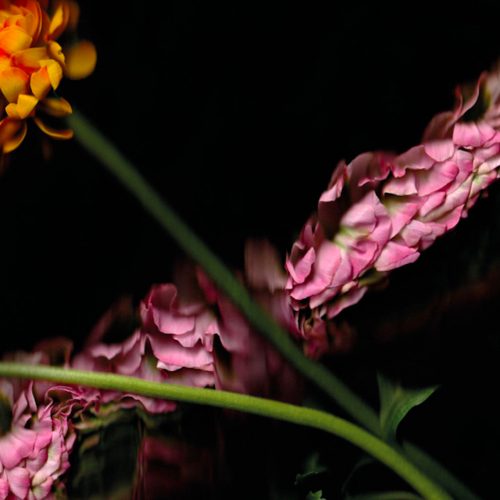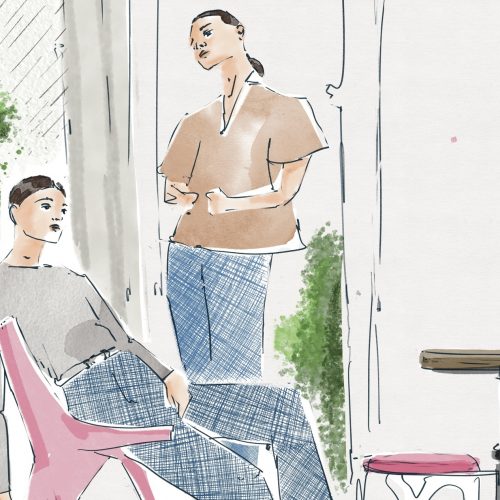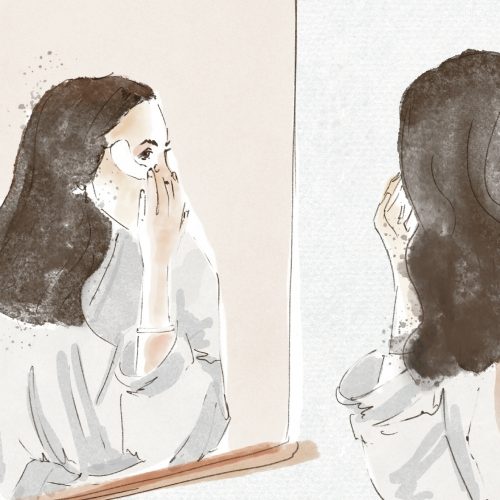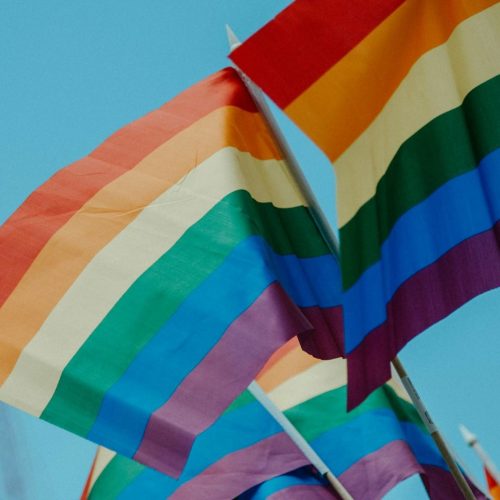Art, Capitalism and Climate Change with Lucy Bohr
Art, capitalism, and climate change are more intertwined than you might think. Read on to discover why.
To receive the Luxiders Newsletter, sign up here.
Luxiders talk with Lucy Bohr, a Berlin-based photographer, and illustrator. We discover how she experiments with different mediums and uses art to express herself. In this conversation we explore the issues at the crux of climate change, exposing the link between capitalism and environmental deterioration. Art can empower great change in our society, let’s celebrate its power!
ARTISTIC PERSPECTIVE
What do you aim to convey in your work?
This question made me ask myself what I like and what I look for in the work of others. And I guess it’s when an artwork triggers something in me, good and/or bad. When it makes me start to think, ask questions, or makes me feel something. I want people to have a look at my work and feel something. Art is supposed to make you feel something, right? That’s what both should do, my illustrations and my photos.
We completely agree that art is supposed to make you feel something and elicit a response from viewers. The power of art to challenge our beliefs and alter our perspectives is what makes it so powerful. The best art doesn’t play it safe.
What are your favourite projects and why?
I studied graphic design because I was afraid of studying art. If I could turn back time now I would go for the path that frightens me. Because in the end I always wanted to be an artist - I love drawing and painting. So I started to work as an illustrator after university and a few years later also discovered my love for photography. Right now film photography is my biggest passion and I have a project planned where I want to portray 100 Berliners. I’m so excited about this! It will be my first big solo project which also is going to take some time, maybe even months.
Art is a daunting industry. We are fed the narrative that it is extremely difficult to be successful as an artist and therefore a risky business to go into. It’s great that you have discovered your love for photography and film and feel more liberated as an artist now. We love the sound of your Berlin project, can’t wait to see how it turns out.
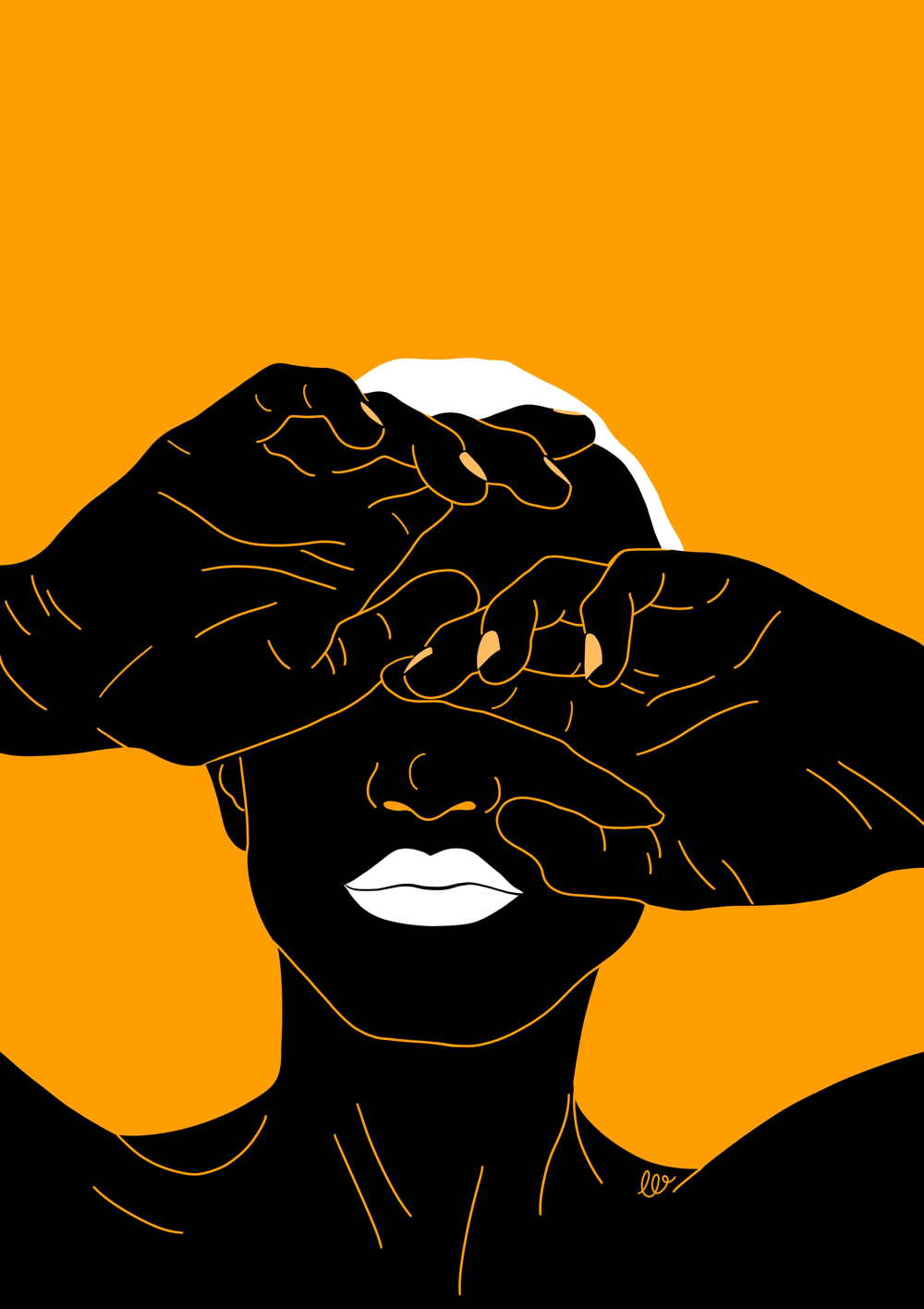
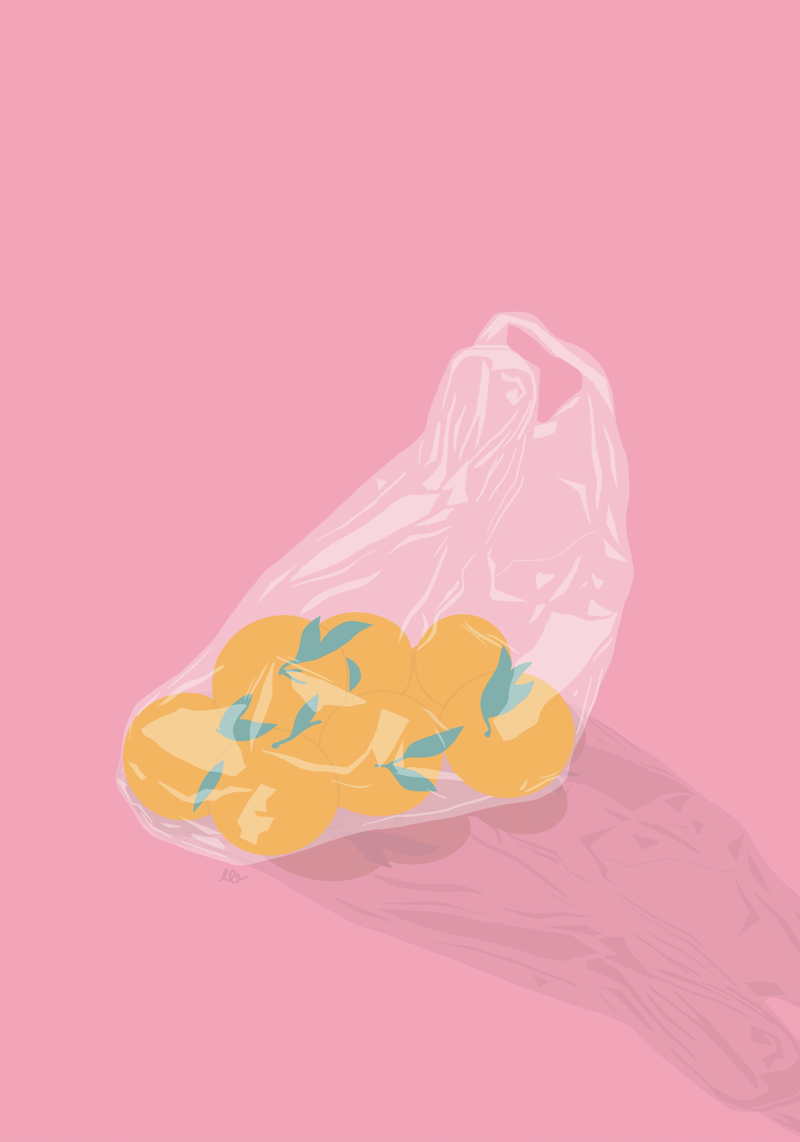
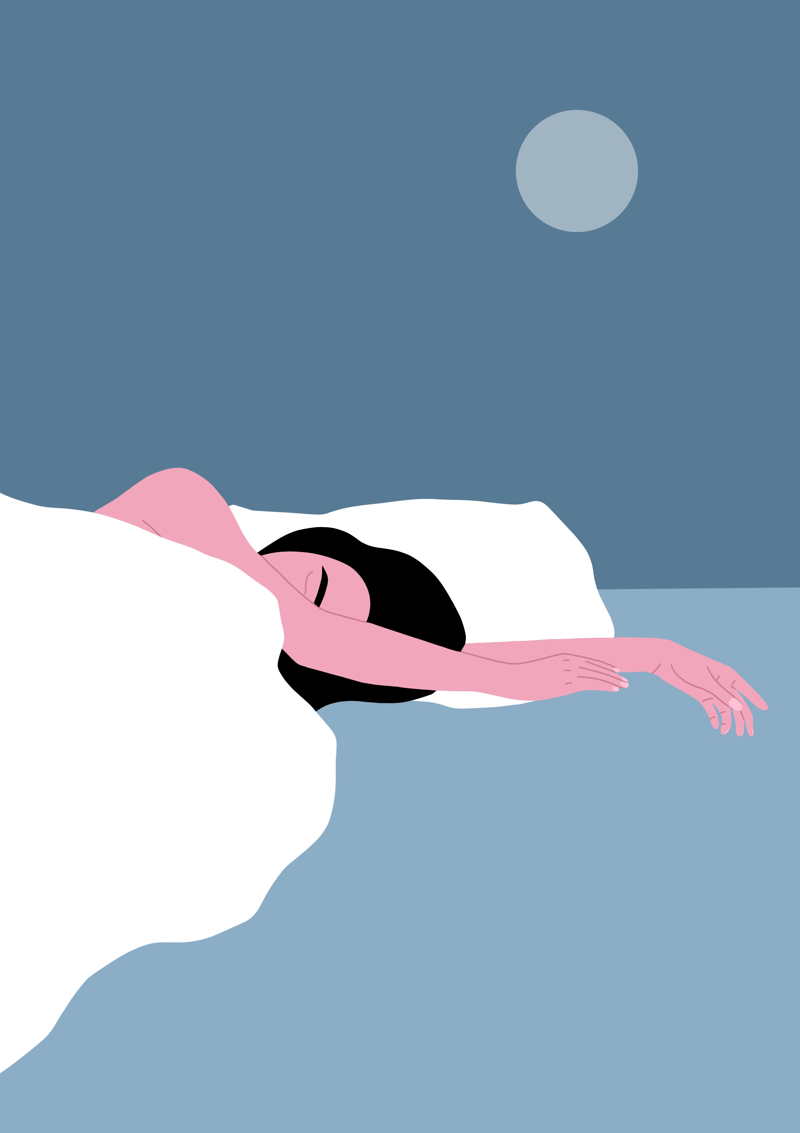
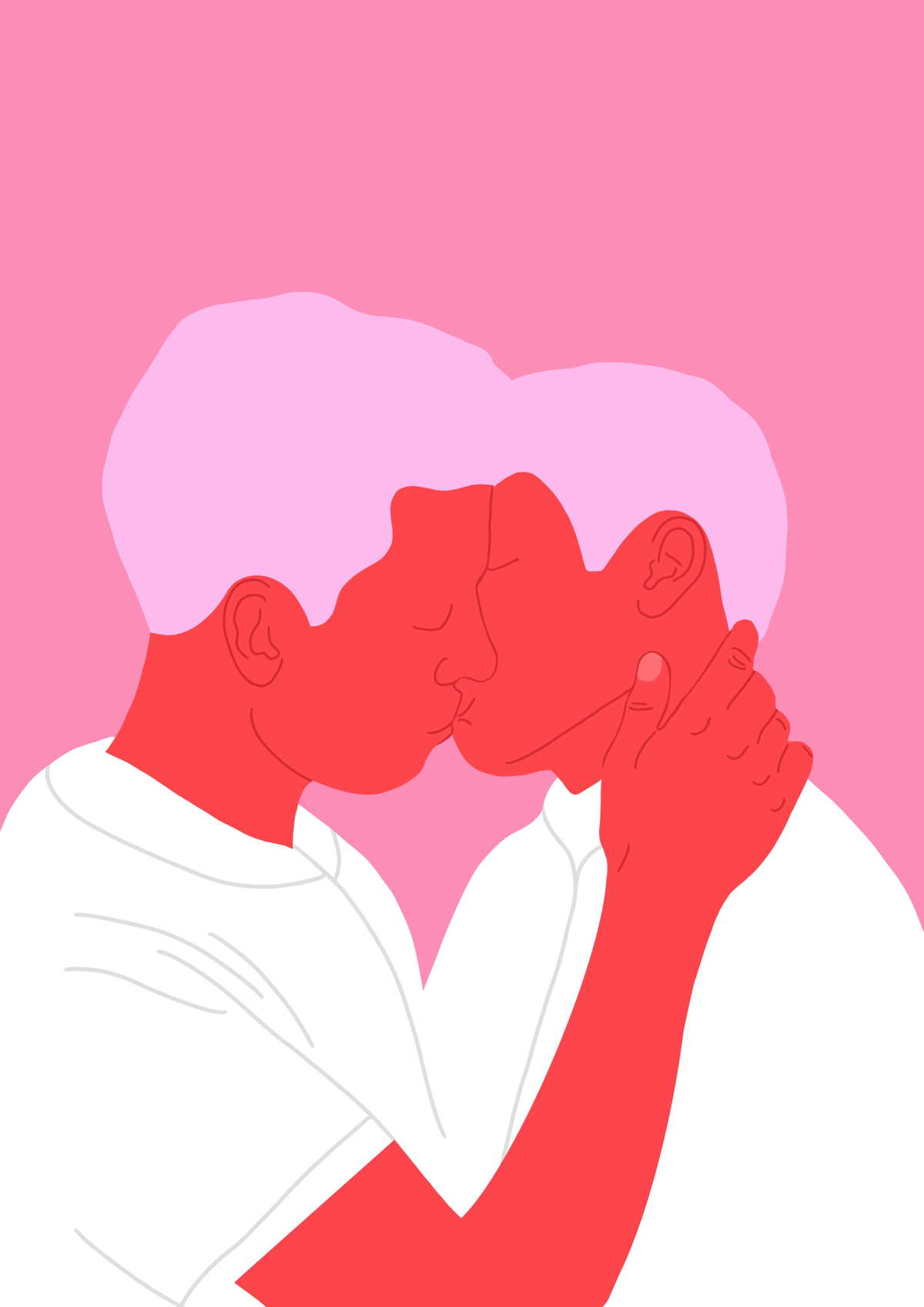
Is there any overlap in the style and meaning of your illustrations and photography?
I think I like simplicity. In my illustrations, I like to keep my work as simple as possible. Less colors, less lines, less everything. That’s also what I aim for in photography. It might be boring to some people but I love photos where not a lot is happening: clean backgrounds, classic black and white portraits, minimalism. I remember what one of my professors at Uni told me: simple design is a better design.
Reveling in the beauty of simple things is often the best way to go. The simple subtleties of life are often the most beautiful moments.
ENVIRONMENTAL PERSPECTIVE
What links do you see between climate change and capitalism? How can we deal with this?
We live in a world where it’s all about profit and consumption. Capitalism is one of the major contributors to our planet dying because it’s simply not sustainable. Capitalism always means more and more and faster and faster. What our earth needs is for us to slow down.
Slowing down would benefit us all. It would help us appreciate what we have and think more carefully about what we consume. Everything we purchase has an impact on the environment. Making mindless purchases (as capitalism encourages us to do) harms our planet more than we realise. We should all make a conscious effort to slow down and review how we spend our money and the businesses we support to ensure we fund ethical companies that practice what they preach.
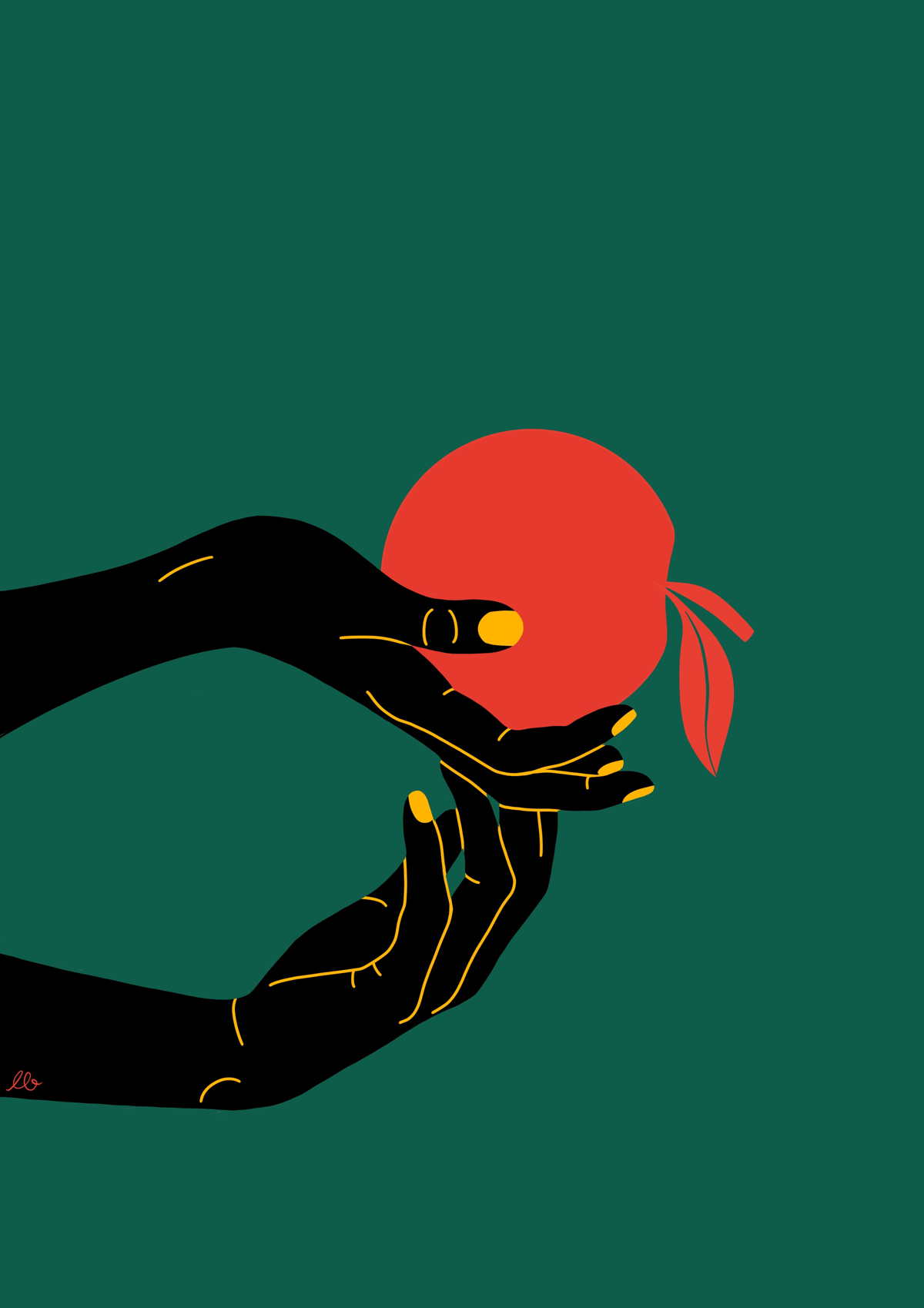
What changes need to be made to society to improve our response to climate change?
First of all, I think we need to take it seriously. We all know it’s real, the facts speak for themselves. But as long as we don’t actually feel or see the consequences we won’t act. Especially “us” - speaking about European countries, we will feel the change when others are already suffering. Big companies and industries are very good at manipulating us, greenwashing, and telling us about how sustainable they are, when in fact we still damage the planet by consuming their products. Even if we will still live in a world that is ok to live in, our children might not be able to. That’s what we have to keep in mind. So I guess changing starts with yourself, even in the tiniest things, in the smallest approaches. We don’t need 100 people living perfectly sustainable lives, we need thousands to do it imperfectly, to start somewhere.
You are completely right that we need to take climate change more seriously. Politicians and CEOs of large corporations continue to evade responsibility, pushing it onto the people. We have to realise climate change will affect all of our lives. Whilst the degree of severity depends on where we are in the world, we still have a collective responsibility to prioritise our earth. So many people believe it is all or nothing and fail to realise that if they made small changes to their lifestyles the collective benefits would make a great difference.
How do you think art can help educate people on social and environmental issues?
People are very sensitive to critique. I mean I personally also notice that - we don’t like to be confronted with our guilt. It’s easier to look away, and we can still do that until it actually affects us. So I guess it’s clear we have to face social and environmental issues but the tone is important, how we say something, how we approach people. It’s not about proselytizing but inspiring. For example: Don’t say “stop eating meat” but say “Have you tried this plant-based meat? It tastes amazing!” - and that is also where art comes in. Art doesn’t necessarily point fingers, it speaks in a softer way. Plus, I think problems are more accessible when they are illustrated in form of installations, photos, videos, paintings, or any other form of artwork.
It is no secret that people love to ignore the fact that they have a responsibility to improve the state of our earth. If we were more open to constructive criticism, more of us would be able to change our lifestyles in easy ways for the better. Art appeals to open-minded people. Let’s try and open our minds to the hidden messages in different art that gently influence how we live our lives.
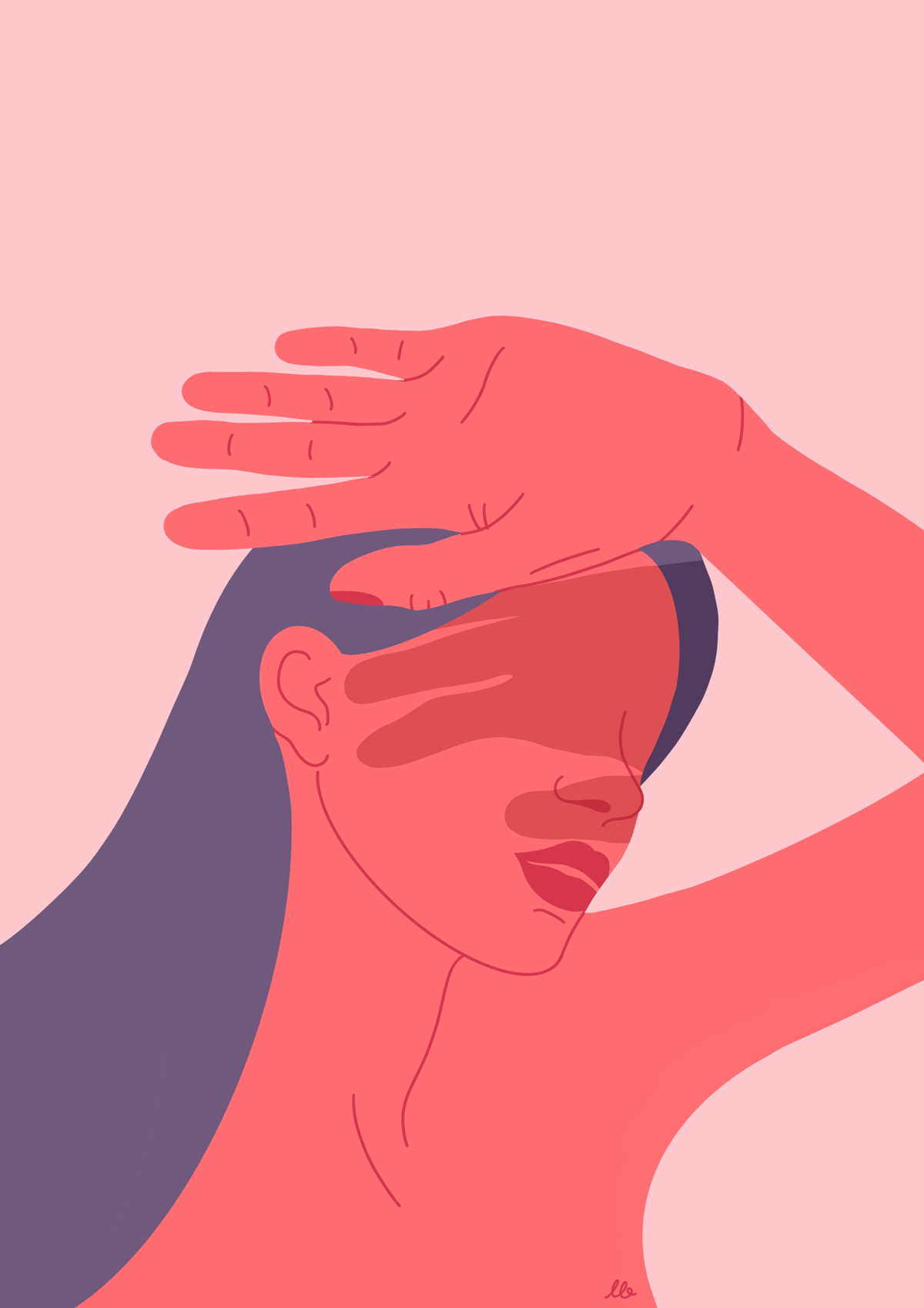
+ Words:
Florenne Earle Ledger
Luxiders Magazine

